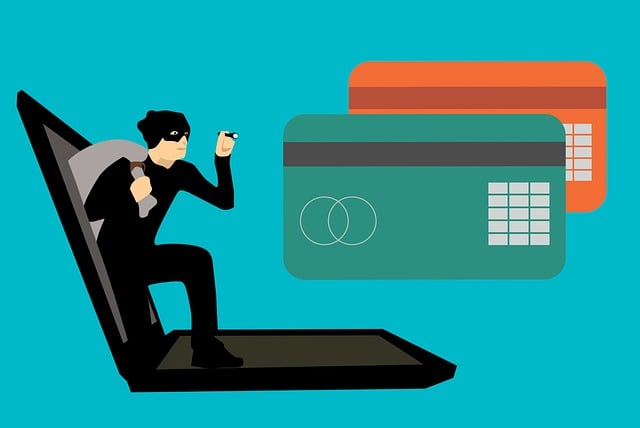
The recent widespread use of the internet and technological advancements has made it easy for anyone to build and infiltrate a website security system. Many content management companies, such as WordPress and Joomla, have handed websites to the common person. Experts face the worst cases due to the critical information they protect. You might be an expert and still lack strong ways to secure your website.
An unsecured website chases away customers trying to protect their personal information from third parties. While creating a website is not a problem, not many people are skilled in securing it. In addition, of the many people claiming to be familiar with online safety, more than 70% of them could not identify a safe URL.
Taking significant steps to improve your website security will assure customers of your expertise. However, no method guarantees a hack-free site, but it will at least keep it safe before updating. It is best to take all necessary precautions for online safety, and here are six valuable tips for experts to increase their website security.

1. GDPR compliance
General Data Protection Regulation, GDPR, is a website authentication policy many website security experts have embraced because companies in the United States are not obliged to regulate it. The policy is created to protect customers’ information while operating on a website. The software is a good security dog that requires a software or website’s CRM.
This CRM is used to remove all the user information on the system. In addition, it creates a checkbox of options to enable user communication with the website or company before storing or using data. It also sent notifications of suspicious use of cookies by third parties.
Besides, you can easily make the changes on your Hubspot website. This platform requires users to have a GDPR as part of regulation and an option of complete data deletion. As experts with this website, the feature assures the owner of hack-free activities, safe personal information, and no data selling.
2. Install an SSL Certificate
To add an extra layer of security, install a Secure Sockets Layer (SSL). The software is essential for data transfer and other internet activities. Without SSL, online presence, connection, and information are not secure. In addition, all that happens between the server and browser is open to hackers.
With an SSL, however, you can be sure of a green secure lock and HTTPS to your security. Many visitors consider this option before visiting a website or filling out any form. Besides, Google does not accept SSL. Getting an SSL is cheap on WordPress or HubSpot, and some are free.
3. Using a Password Manager
A password manager is an ultra-secure option for your CMS, domain, website, etc. Hackers easily get past passwords because of the common phrases or words used. Experts can keep websites safe with a few password managers, like LastPass, Sticky Password, Keeper, and dashlane. In addition, creating a unique password is also a safe option. Use complicated, random, and uncommon words or phrases.
Ensure these passwords are stored outside the website directory, offline, or on a different computer. You can create a 14-digit password mixed with numbers, letters, and symbols. When creating a CMS password, do not use personal data, like birthdays, pet’s name, maiden name, etc. Ensure you change your passwords after three months and keep them longer but not less than twelve digits. Avoid repeating passwords or sharing them with others.

4. Use a Reliable Web Security Host
Web hosting can make or break your website and your expert work. A web expert should use a reputable web hosting company to keep security uptight. Before concluding on a host, elaborate on the security threats your website might face and what is needed to secure it. Also, go for a host that can back up your data to a secure server in case you need to restore lost data. Lastly, invest in a host with 247 technical supports for needed.
5. Implement Vulnerability Patching
Experts know the importance of scanning your website frequently for website and server vulnerabilities. Schedule a time interval for a website security scan and every time you change the web component.
Besides, you can install tools to check your website security and provide a brief review. However, these tools may not detect all security flaws but will reveal some vulnerabilities.
6. Install HTTP and HTTPS Website Security
HTTP stands for Hypertext Transfer Protocol, a simple but constrained application for WWW. The software has HTTP 1.1 being in use for over 15 years. The version is excellent for information updates, multimedia content formats, and web performance. The effectiveness of the version resulted in HTTP/2. This is the improved version of the world wide web and website optimization. The application was introduced in 2015 with better performance advantages, like;
- Server push mechanism
- Loads parallel over a single TCP pages
- Header compression
- Low delay
HTTP/2 is seven times safer than HTTP 1.1, reducing page delay by 30 to 40%. More than 46% of experts have implemented the application on their websites. However, your website needs to have HTTP/2 enabled, or you may have to visit your web server to allow it to. CDN applications like Stackpath, Cloudflare KeyCDN, etc., have the option in the control panel.

Conclusion
While there are many ways to secure a website, this article demonstrates the essential ones that prove your expertise. Having a secure website will secure information as well as attract visitors and rank high on Google searches. Go ahead with these steps to improve website security.







4 thoughts on “6 Useful Tips from Experts to Improve Website Security”